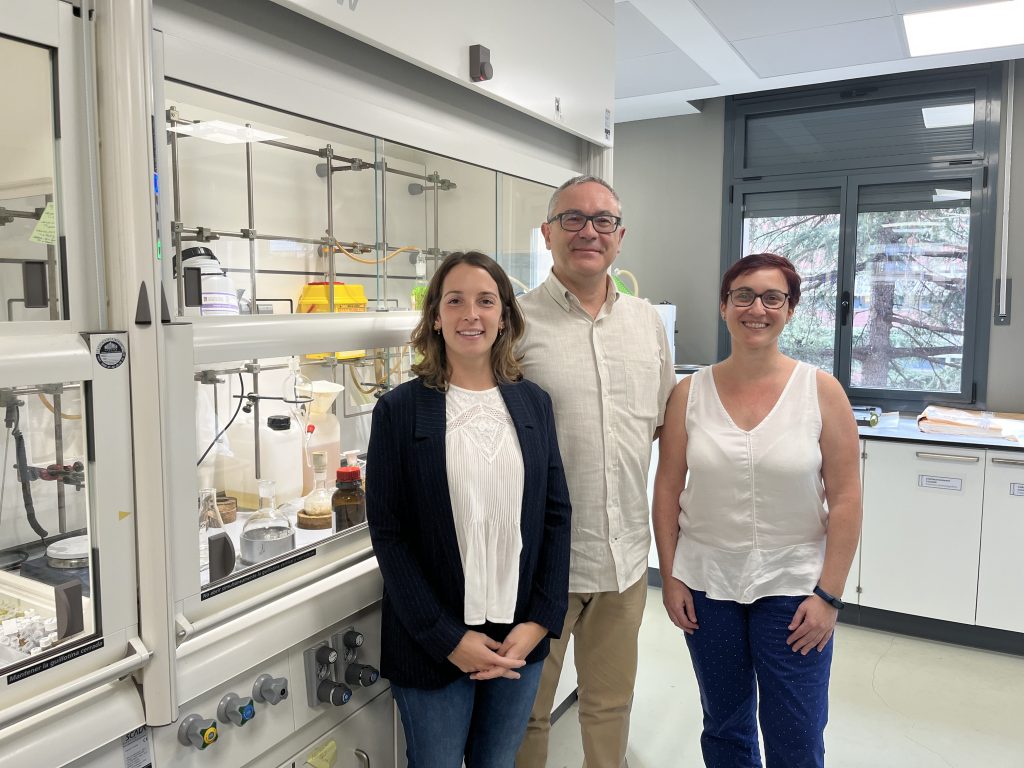The “la Caixa” Foundation has awarded three new grants to cutting-edge biomedical innovation projects within the framework of the CaixaResearch Consolidate call. In this year’s call, one of the projects chosen is from the Bosch i Gimpera Foundation, from the group of Dr. Santiago Vázquez, researcher at the Pharmaceutical Chemistry Unit of the Department of Pharmacology, Toxicology and Therapeutic Chemistry of the University of Barcelona and the Institute of Biomedicine of the UB (IBUB). The grant, of 300,000 euros for two years, is for a project in consortium with researchers from the University of Granada and the University of Catania, to develop new drugs to reduce pain.
María del Carmen Ruiz Cantero, from the University of Barcelona, Bosch i Gimpera Foundation, will coordinate the groups of Dr. Santiago Vázquez and Eugenia Pujol, from the University of Barcelona, Dr. Enrique J. Cobos, from the University of Granada, and Dr. Emanuele Amata and Agostino Marrazzo, from the University of Catania (Italy).

Pain is a major public health problem. One in five people in Europe live with some form of chronic pain that impairs their quality of life and has considerable socio-economic impact, as well as high associated medical costs. Acute pain can also be relevant. Following surgery, more than half of all patients experience moderate or severe pain in the immediate postoperative period, despite receiving analgesic treatment (mainly opioid-based). Generally speaking, existing analgesics have very limited efficacy and significant side effects in more than half of patients. Clearly, then, safer, more effective and non-addictive therapies are needed.
In recent studies, the researchers found that interaction with two biological targets -two proteins involved in the onset and maintenance of pain – produces a very potent analgesic effect in several animal models of pain. The strength of these results led the researchers to develop new dual molecules capable of interacting with both targets, obtaining very promising results in pathological models of pain.
The aim of the project is to find a new treatment that can significantly reduce pain and so improve patients’ lives.



